
2019 may go down in history as Year Zero of the climate apocalypse. The tsunami of extreme events has been so relentless that each is quickly forgotten in favour of its successor. So before the year ends we should pause, remember just how extraordinary it was, and reflect on what this might mean for our future. The year started with a record-breaking heatwave in southern Australia with temperatures in the mid-40s, in some areas for 40 days in a row. Then followed the immolation of vast areas of moist Tasmanian forests, forests that date back to the last ice age.
Approximately 3% of the state burned as a long-term trend of less rainfall and more evaporation was capped off by the driest January on record. On the mainland, who could forget those horrifying images of the Menindee fish kills?
Read More









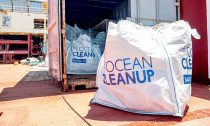
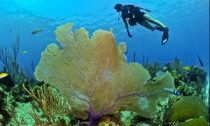


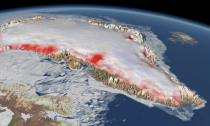
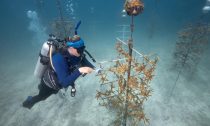


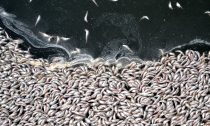

Social Profiles